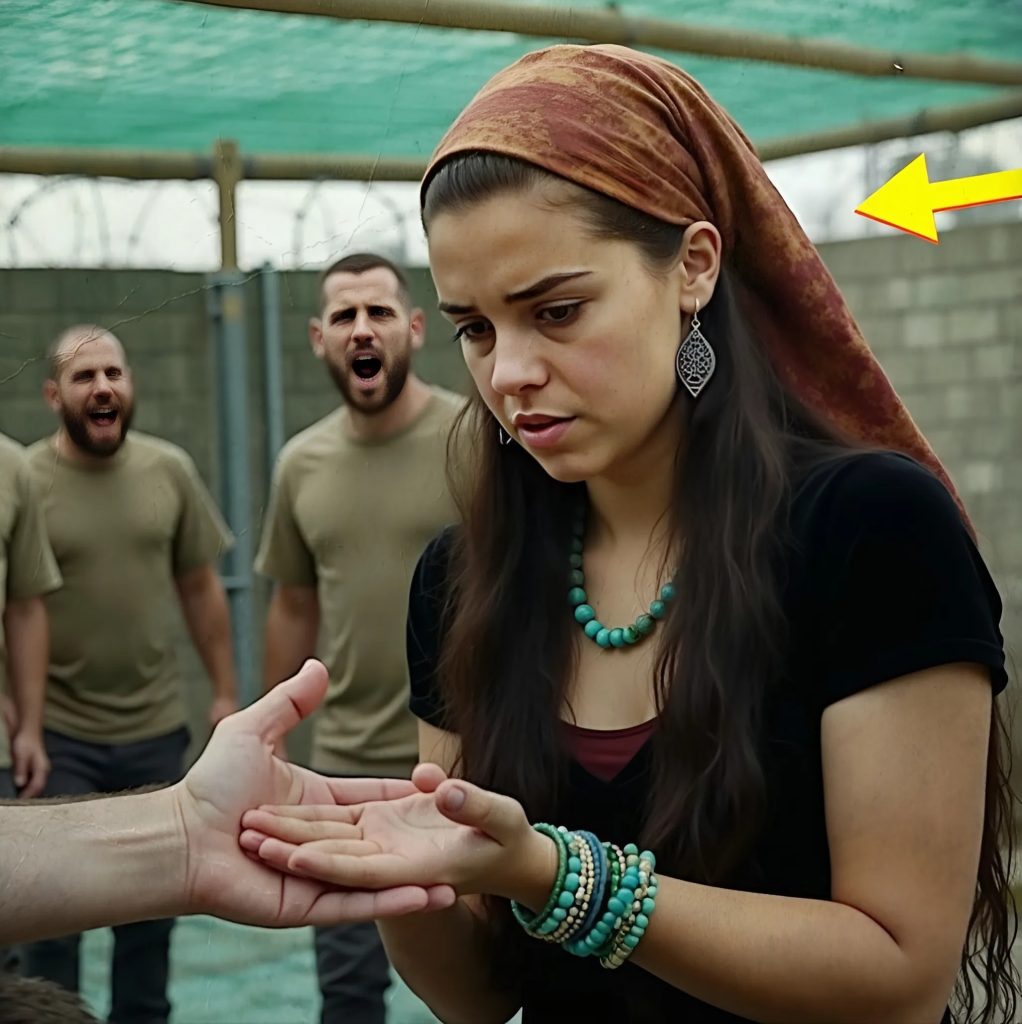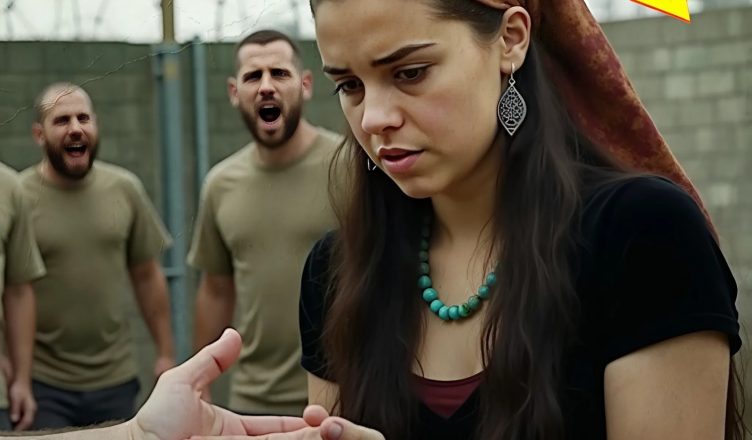In a world where fate often disguises itself as coincidence, the story of the gypsy fortune teller and the hardened criminals into whose midst she was thrust remains etched in the hidden corridors of urban legend. It began not in a carnival tent or a back-alley tarot parlor, but in a dimly lit police precinct, under the cold glow of fluorescent bulbs that buzzed like insects in a trap.
She was called Magda. A woman of mystery and sharp silence, draped in layered scarves of deep indigo and rust, with eyes like shards of obsidian that seemed to see too much. Her reputation preceded her—equal parts folk tale and whispered rumor. She didn’t just predict the future. She read it, like a book she had already memorized.
Magda was arrested during a city-wide raid targeting unlicensed psychics and street healers. To most, her detainment was a routine formality—until the local precinct realized the oddity of her file. She had no fingerprints on record, no confirmed birth certificate, and no known address. She had seemingly appeared out of nowhere.
Thrown into the holding area with repeat offenders—burglars, drug runners, and men who considered a third strike a badge of honor—Magda did not flinch. She sat cross-legged on the cold bench, hands resting quietly in her lap, as chaos clattered around her. Jokes flew. Taunts. One tried to take her scarf, only to find himself flat on his back without understanding how she’d moved.
But it was when the precinct’s lieutenant, a man known only as “Boss Marek,” entered the room that the tide shifted. Marek had the presence of a heavyweight boxer: tall, iron-jawed, with arms marked by scars and a mind that trusted nothing but brute force and a gun that rarely slept in its holster.
He approached the cell, more out of curiosity than concern. Magda looked up.

«You read palms, huh?» he asked, half-smirk, half-snarl.
«Only if the hands are worth reading,» she replied.
The room grew quiet. Even the most battle-hardened inmates leaned in. Marek, amused, held out his hand between the bars.
It was a gesture he expected to end in laughter.
Instead, silence.
Magda took his palm without hesitation, her fingers tracing lines with the precision of a surgeon and the reverence of a priest. Her eyes narrowed. The room felt colder.
«This hand,» she said quietly, «has taken lives. But that is not what condemns it.»
He frowned. “Then what does?”
«It has hesitated when it mattered most. And it will again—soon.»
Marek’s smile disappeared. He snatched his hand back, like her touch had burned him.
«What kind of game are you playing?»
Magda stood slowly, her voice steady and low. “No game. You came here to catch a woman who speaks with spirits. You caught one who speaks with truth.”
The lieutenant ordered her held for psychiatric evaluation, though none of the officers present could explain the unease settling in their bones. She hadn’t threatened him. She hadn’t even raised her voice. But something in the air had shifted.
That night, three inmates claimed they dreamt of deaths that hadn’t happened yet—but would. The next day, two were released on a technicality. Within a week, one was found dead exactly as described in his nightmare.
Word spread fast.
Criminals and officers alike began to fear her. Magda’s presence altered the ecosystem of the jail. Men who never bowed their heads now mumbled prayers. Guards made excuses to avoid her block. Even Marek, once dismissive, began keeping his office door locked during her interrogations.
But something stranger still occurred: the precinct’s clearance rate improved. Cold cases began to thaw. Suspects cracked under questioning, citing dreams and visions that mirrored things Magda had whispered through steel bars.
One day, a detective—new to the precinct—asked her why she helped them.
“I don’t help you,” she said. “I help balance.”
“Balance?”
“Between chaos and order. Between men who pretend to be wolves, and wolves who wear men’s uniforms.”
The detective never asked again.
Magda was never formally charged. No one could prove fraud, harm, or wrongdoing. After two months, a judge—under heavy pressure—ordered her released.
She walked out as she had come in: silent, composed, and unknowable.
But not before one final encounter with Marek.
She found him standing alone by the exit.
«You said my hand would hesitate again,» he muttered. «Has it happened yet?»
She looked at him, her gaze softening for the first time.
“No,” she said. “But when it does, it will save your life.”
And then she was gone.
No one saw her leave town. No buses. No trains. No digital trail. Just the void she left behind, and the countless stories that grew in her absence.
Some claim she appears in other cities now, offering cryptic wisdom to those on the brink. Others swear she was never real at all, just an urban myth dressed in shawls and shadows.
But Marek, years later, in a moment of crisis where instinct failed and hesitation gripped him like a vice—watched
